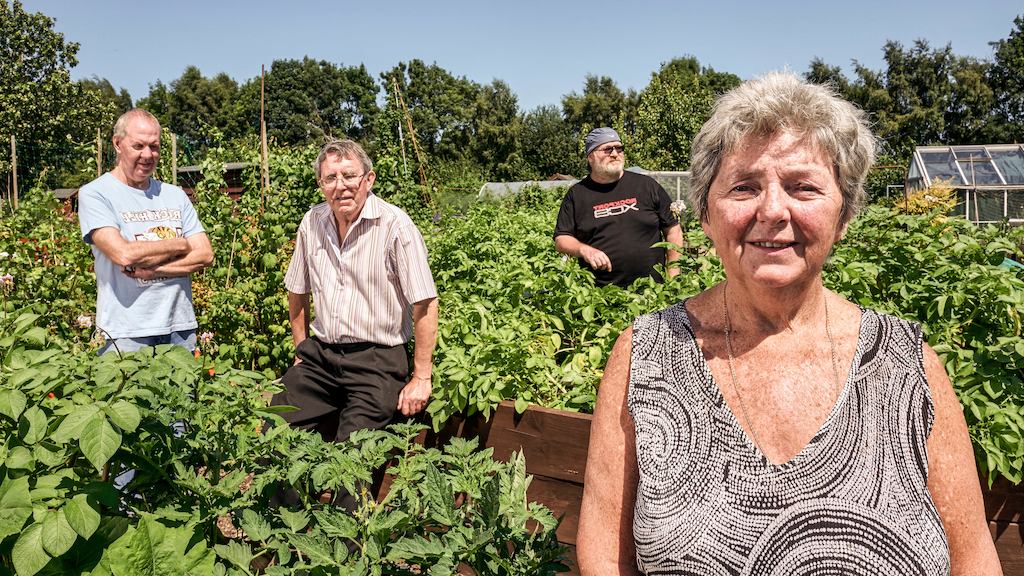A new research project will examine how ageing and demographic change are talked about in society, with the aim of shifting to a new, more positive narrative.
The Centre for Ageing Better and Age-Friendly Manchester will work with market researchers ComRes and equality and human rights charity Equally Ours to better understand how ageing is portrayed in the media, on social media and in public policy. Senior leaders in these areas will be interviewed, and the research will use focus groups and surveys to explore how common phrases and language affect how we feel about ageing.
Ageing Better believes that the way ageing is talked about can damage people’s sense of self-worth and limit their aspirations. It may also contribute to structural and institutional ageism, such as in the workplace, stereotypes in TV and advertising, poorly targeted services, and the limited development and marketing of products for people in later life.
The results of the research will help to guide different sectors and organisations whose work relates to ageing. Areas covered by the research will include charity campaigns, government policy documents and political discourse, and traditional and social media.

